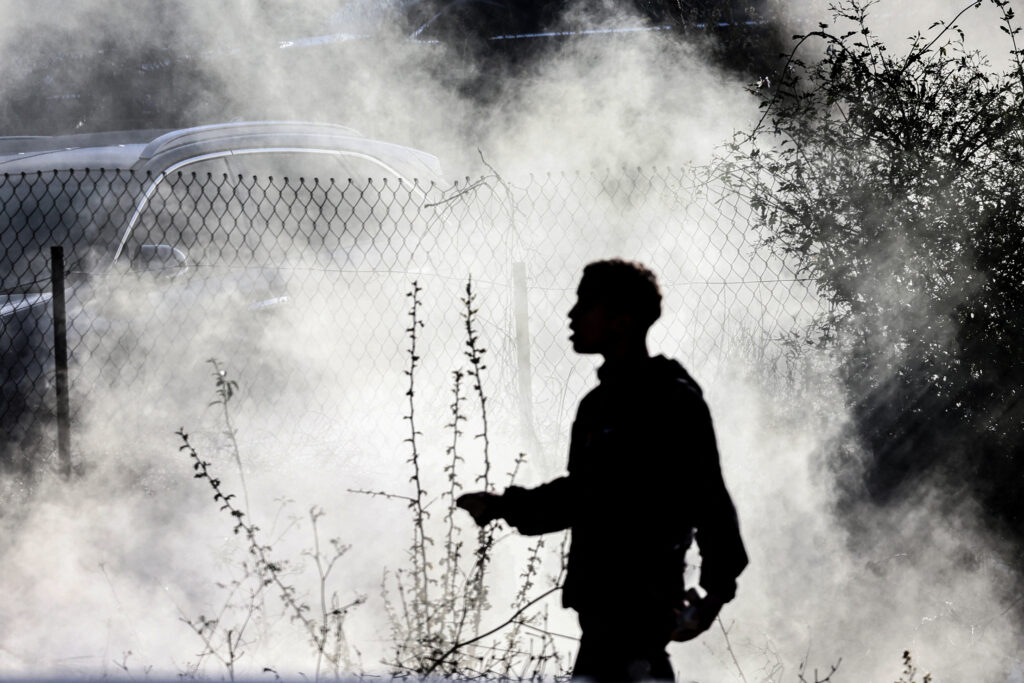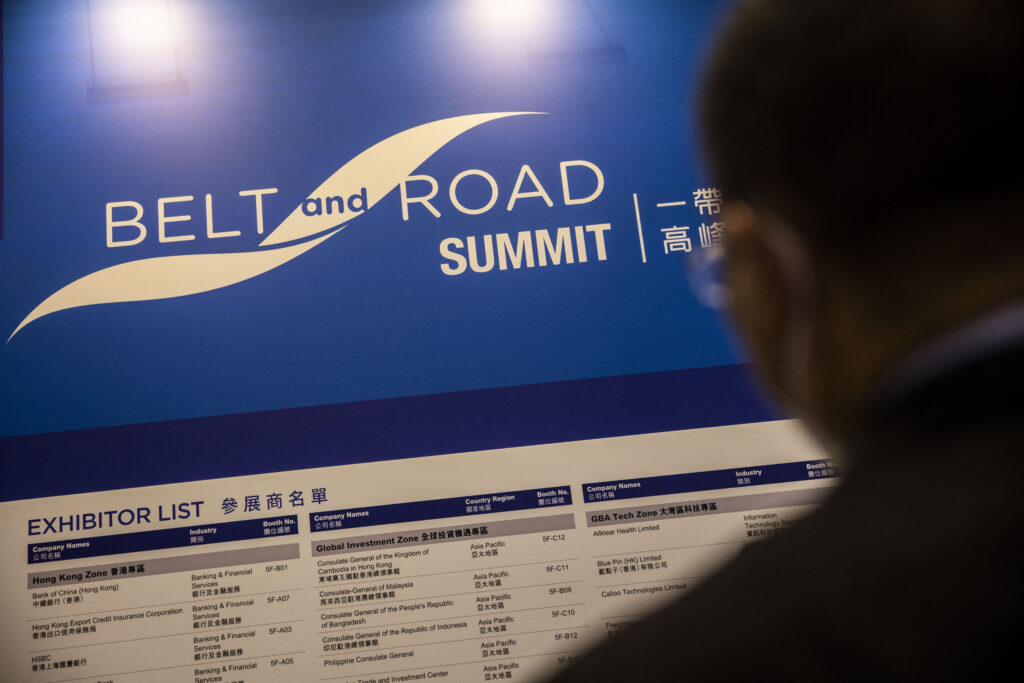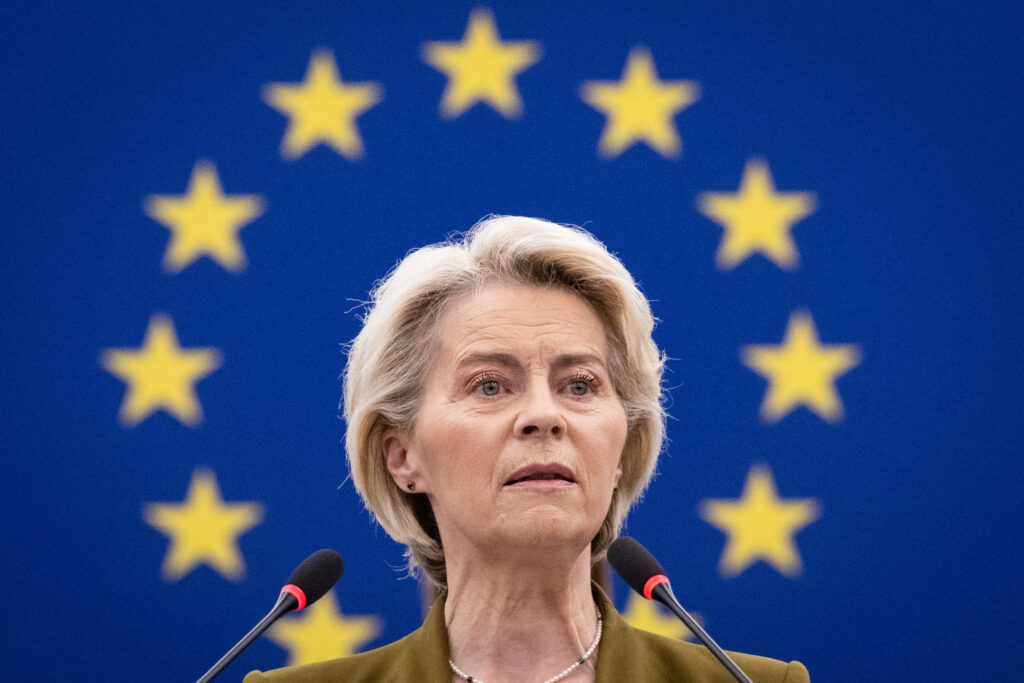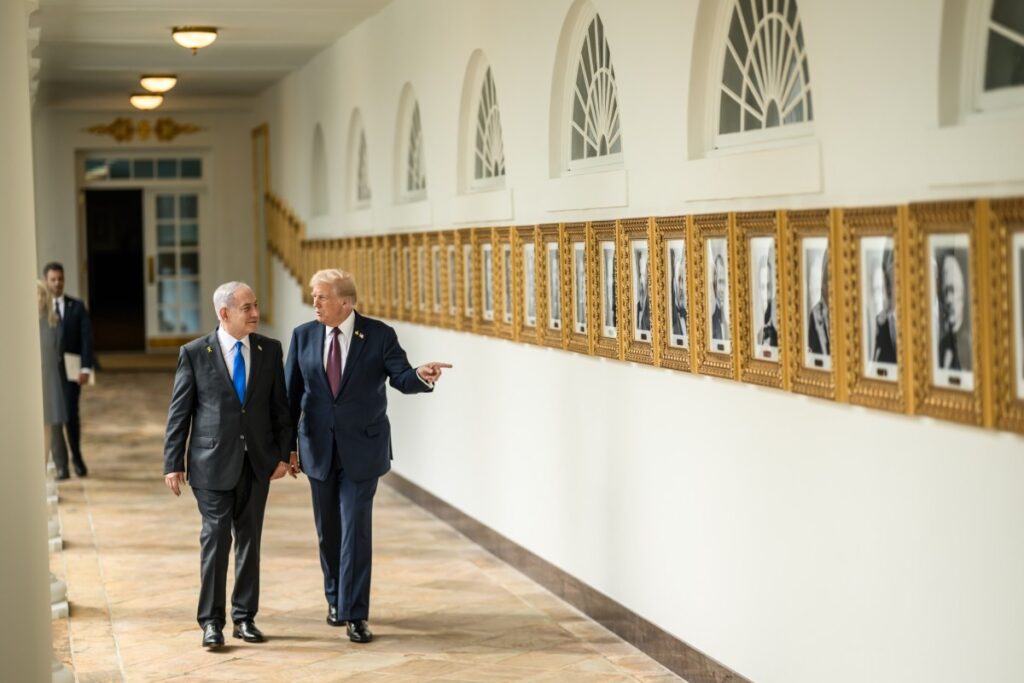By Mary Ann Treault
Kuwait’s second parliamentary election of 2012 (2012D) took place on 1 December. The fifth unscheduled election in the nearly seven years of Shaykh Sabah al-Ahmad’s reign, it continued the trend toward greater popular disgust and lower voter participation visible throughout the period, with the partial exception of the election held the previous February (2012F) when turnout was 61 percent. That election reflected the mutual alienation of the emir with much of the population. It pulled three percent more voters out to the polls than had voted in 2009 in response to what since has come to be seen as a parliamentary dissolution motivated primarily by pique rather than a desire to respond at last to popular demands to dismiss a disliked prime minister. The last round in that fight occurred on 17 November 2011, when thousands of demonstrators stormed the parliament building, evoking a violent response from state security forces during which people were injured on both sides and several were arrested. In December 2011 the sitting 2009 parliament was dissolved and the first election of 2012 (2012F) was held in February.
The road to 2012F was traced in my earlier article. Here I would like to note some of the debris along that road. It proved so destructive in 2012D that few Kuwaitis expect the newly elected body to last for even a year.
The most notable characteristic of 2012D was the sharpening of intergroup divisions among the population. These divisions had been evident but relatively quiescent before the national press law was changed in 2006. Its provisions gave Kuwaitis, most notably the dueling factions of the ruling family, an opportunity to establish new newspapers and television stations. They used them as weapons, demonizing the allies of their rivals such as Shia, tribals, and the Muslim Brothers, and mobilizing their own supporters against them.
The parliament produced by 2012F was dominated by tribal and Islamist members. It played into the hands of Kuwait’s destructive forces because it was a radical body that showed, in addition to implacable opposition to the regime, a desire to alter significant aspects of Kuwaiti social life. Chief among these was to reduce the autonomy and status of women by imposing restrictions on their movements and dress, and to decrease religious freedom by imposing the death penalty in some cases of blasphemy, foreshadowing potential restrictions on other kinds of speech and action. More alarming to the regime, it hoped to legalize political parties and amend the constitution to give the parliament more power, such as the right to choose the prime minister (and therefore to dismiss him). On the table when that parliament was closed were proposals to reform the constitutional court and require judges to make their financial holdings public.
The drive for full disclosure was part of the attempt of the 2012F parliament to attack Kuwait’s endemic corruption. Corruption has flourished in recent years and motivated much of the popular and parliamentary opposition to challenge elements of the country’s development plan, as the opposition saw the plan as another way to siphon money into open hands in the ruling family and its merchant allies. Some of this opposition was wrong-headed, such as the parliamentary cancellation of the petrochemical joint venture worked out between Kuwait’s Petroleum Industries Company and Dow Chemical. Kuwait’s reneging on the K-Dow deal sacrificed its 50 percent equity share in a successful project and incurred more than $2 billion in penalties. But other projects, many in real estate and construction, did not pass the smell test among knowledgeable Kuwaitis whose complaints against government corruption were shown to be justified by the fall 2011 exposure in a prominent local newspaper of bribery payments by the prime minister to more than a dozen sitting members of parliament.
By the time of the 2012D election, Kuwaitis were fractionalized in two ways. One was by social group: class, ethnicity, sect, and ideology whose formerly muffled antagonisms were exposed and heightened by TV-stoked accusations of corruption, fanaticism, and/or treason on the part of particular groups. The second was a product of the way the election was to be conducted. An emiri decree changed the election law that had allowed citizens in each of Kuwait’s ten electoral districts to vote for up to four members of parliament, to one allowing each citizen in a district to vote for only one. Announcement of the new system provoked instant opposition. It was called unconstitutional because it was a unilateral change in existing law, and it also was opposed because the five-district, four-vote law had been designed to reduce electoral corruption by making it more expensive and technically more difficult to buy enough votes to get particular candidates elected.
The second fractionalization corresponded to attitudes toward the opposition’s call to boycott the election. Opponents of the emiri decree hoped both to truncate candidate lists and to keep enough Kuwaitis away from the polls to call the legitimacy of the resulting parliament into question. Former opposition MPs refused to run and thousands of citizens said they would refuse to vote. Boycotters often wore orange insignia to associate themselves with the 2006 movement that had produced the ten-district, four-vote system. In contrast, those who wished to vote sported blue insignia. Throughout, newspaper coverage of the boycotters and demonstrators (the latter generally referred to as rioters) was skimpy, unsympathetic, and usually located on inside pages and often below the fold. In contrast, coverage favorable to the regime, including stories accompanied by color photos featuring the emir visiting and receiving international visitors or crowds of admiring Kuwaitis, and a splash of coverage of his visit to the UK that coincided with the election, filled most of the pages. The regime also used text messages to remind citizens to vote, angering the unpersuaded with constantly beeping telephones that kept them up at night.
A variety of demonstrations against the emir’s unilateral decision took place in Iradeh Square, a strip of land across from the parliament building, and in what were called Marches for Dignity that brought tens of thousands of Kuwaitis into the streets to demand that the one-vote decree be rescinded and the election held under the old system. The first march took place on 21 October, and was met by state security forces deploying tear gas and batons. They gassed, beat, and made random arrests of marchers, mostly as they were coming to or leaving the gathering. The venue for the second dignity march, on 5 November, was blocked by police cars. Organizers went on Twitter to direct marchers to congregate in a suburb, where they soon encountered tear gas and pepper gas, along with beatings and arrests. A third march was held the day before the election, when the city was full of reporters who had come to cover it. This time, the tens of thousands of marching, chanting Kuwaitis of every age and wearing a variety of costumes and banners proceeded unmolested.
The voting on the following day also proceeded unmolested, if more quietly than usual. Official statistics report that less than 40 percent of registered voters cast ballots in 2012D. The three mostly urban districts had the highest turnout, particularly district one, where many Shi Kuwaitis live. The Shia saw the withdrawal of tribals, Sunni Islamists, and liberals as their opportunity to achieve a level of parliamentary representation that corresponded more closely to their proportion of the population. They won 17 seats, nearly double their highest previous total. The large tribes, with the notable exception of Al Rasheedi, did not participate, allowing small tribes (as well as Al Rasheedi, which produced one of the three winning female candidates) to win seats. Middle-class candidates took places formerly occupied by liberal notables and members of the merchant class, adding to the new faces in the 2012D parliament.
When the election was over, it was clear that the conflict between Kuwaitis and their regime was far from resolved. Protesters continued to demonstrate. Another large, nonviolent urban march took place on 6 December, while nightly demonstrations in the outlying areas continued to be met with repressive force, including tear gas and stun grenades. Meanwhile, a case has been filed in the constitutional court that asks it to decide on the constitutionality of the emiri decree. By the time the decision comes down, this may be moot if, as some observers believe, the new parliament, whose members were immeasurably assisted in their campaigns by infusions of cash from the regime and the decision to boycott, which kept the strongest rivals off the ballot, approves the pile of emiri decrees that awaits its attention. From the new members’ point of view, they owe nothing to the reformers of the boycotting opposition, none of whom voted for them.
The emir has vowed that the 2012D parliament will serve its full four years. But Kuwaitis are skeptical. One factor is the huge representation of Shia. As one long-time Kuwaiti analyst predicted in mid-November, This is going to be a killer if they win [as many seats as I foresee] because they will act just as badly as the previous majority. They’ll overreach. They’ll demand things: we need two ministers; we need Ashura as a holiday; we need; we need”and so on. This will aggravate all the pro-government Sunnis who do not understand that this is going to happen.
The boycotters also may have second thoughts. Prominent former MPs will miss the attention and perks of a seat in the parliament, and they are not likely to go away quietly. The constitutional court will take its time. The boycotters will not let the new parliament live in peace. They will attend all the sessions. [The new speaker] will be younger and simpler [than the wily former speakers, neither of whom is a member in this new body] and he will have a very hard time. The parliament will be heavily criticized by those who feel unrepresented and unheard, and the political climate in Kuwait will continue to deteriorate.
Opposition activists also are not prepared to fold their tents. There is a kind of steering committee of notables who began post-boycott plans weeks before the election. The young people who have been mobilized, both the urbanites who are looking for positive change and those even younger in the outlying areas for whom the demonstrations are fun and something to do given the lack of jobs available, have not yet shown any indication that they will go back home. The religious groupings have not yet been heard from, but they are likely to have plans as well.
Whatever happens, there will be no shortage of targets of blame or disgruntled people at whom to point fingers. The biggest is likely to be the 2012D parliament. It is unlikely that this situation will persist for four years.
Mary Ann Treault is the Cox Distinguished Professor of International Affairs Emerita at Trinity University, San Antonio, Texas. She writes frequently about Kuwaiti politics.





